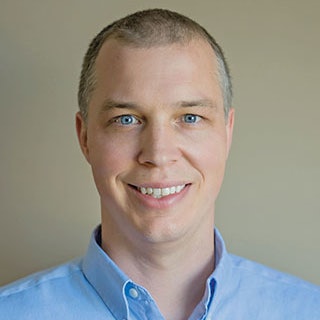The University of Missouri (MU) has received $3 million from the National Science Foundation (NSF) to create a doctoral training program for materials science and data science and analytics. Dr. Matt Maschmann
Dr. Matt Maschmann
The five-year grant will allow the school to better prepare and equip students for these emerging fields.
“We’re excited to train a new generation of materials scientists and engineers to be proficient with data science techniques, including machine learning and artificial intelligence, whether it’s to discover better materials for building batteries and computer chips, reconstructing technology from ancient civilizations, or harnessing the untapped potential of carbon nanotubes,” said Dr. Matt Maschmann, project co-principal investigator and associate professor of engineering. “Students will have the necessary skills to tackle some of the world’s most significant challenges in a wide variety of fields ranging from health care and medicine to energy.”
The program aims to integrate data science tools, such as artificial intelligence and machine learning, into a more traditional materials program, Maschmann said.
“At the end of the program, we’ll have students who have a deep understanding of materials, and who are also fluent in data science and analytics — a skillset I think the marketplace is looking for right now,” Maschmann said.
The program will also include a formal creativity training component to spur student innovation on new materials technologies.
“With machine learning and artificial intelligence taking over a larger role in research, it means that many tasks aren’t being performed by humans as much anymore,” Maschmann said. “So, we see creativity training almost like a counterbalance to machine learning and artificial intelligence to engage students in the processes that cannot be outsourced to digital tools. Because as these tools become more pervasive, the role of human beings is going to shift more toward the creative and cognitive processes.
“Human creativity is imperative to guide research in innovative and meaningful application domains.”
MU’s Drs. Derek Anderson, Dr. Grant Scott, Dr. Matthias Young, and Dr. Reginald Rogers serve as the project’s other co-principal investigators.














